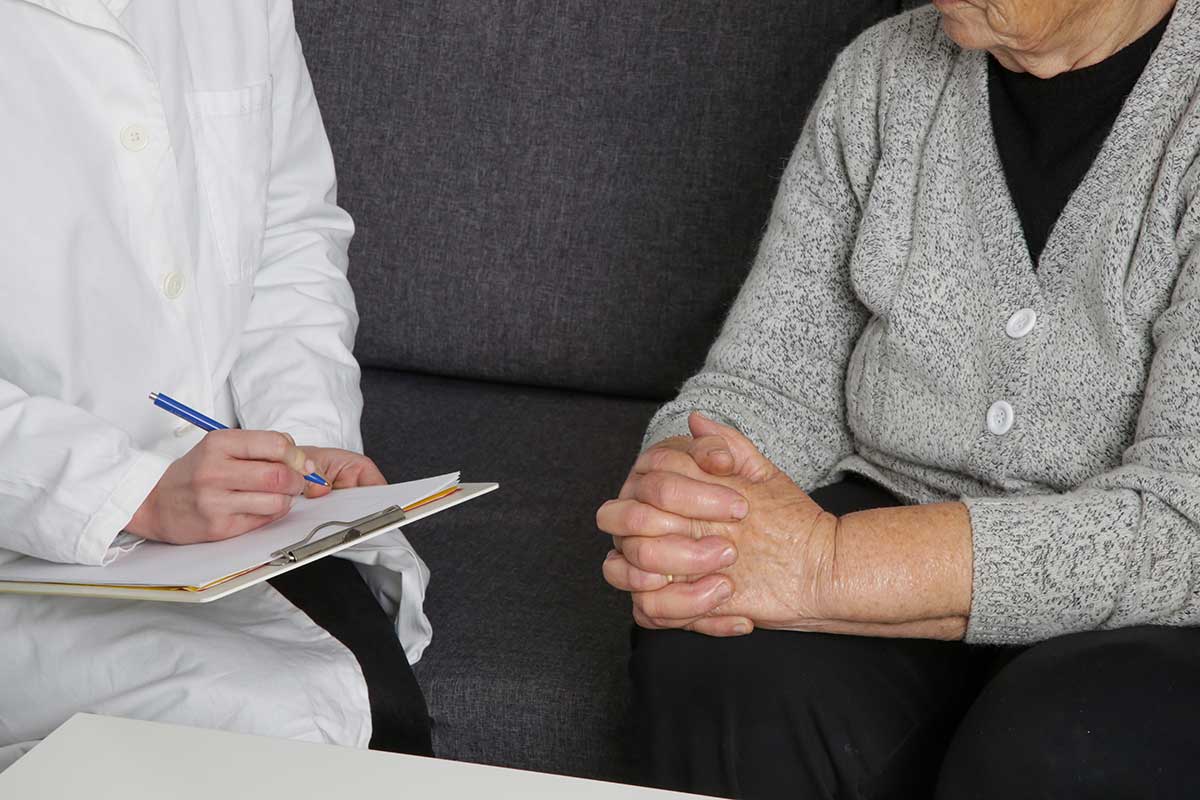Elder abuse can take many forms: physical, emotional, financial, caregiver neglect, or even self-neglect. Elder abuse often goes unreported because the victims are isolated, afraid, or unable to advocate for themselves. That’s why every U.S. state has laws requiring certain professionals to step in and report when they suspect abuse.
These laws exist to protect vulnerable older adults. If you work closely with aging or dependent adults in a professional capacity, you may be legally required to report signs of abuse, even if the person doesn’t disclose it directly.
Who is Required to Report Elder Abuse?
A mandated reporter is a person legally required to report suspected abuse, neglect, or exploitation of a vulnerable person. Mandated reporters of elder abuse are generally professionals who have frequent contact with older adults.
State reporting laws may vary. Use our state-by-state database to find out if you are a mandated reporter of elder abuse.
Mandated reporters are not expected to prove abuse. They are only required to report when they have reasonable suspicion based on what they see, hear, or observe.
Elder Abuse Mandated Reporters by Profession
While state laws differ slightly, the following professionals are commonly listed as mandated reporters of elder abuse across the United States:
- Healthcare professionals: doctors, nurses, EMTs, and other medical professionals
- Mental health professionals: psychologists, psychiatrists, counselors, and therapists
- Social workers and case managers
- Law enforcement personnel
- Long-term care facility staff, including administrators, aides, and nurses in nursing homes or assisted living facilities
- Home health care workers and personal care aides
- Clergy members (in some states)
- Financial professionals: In many states, including Michigan and California, investment advisors and bank employees are required to report suspected financial exploitation or financial abuse
Some states also include any person who suspects elder abuse, meaning all adults are considered mandated reporters, regardless of profession.
What Must Be Reported?
Mandated reporters are required to report if they witness or suspect any of the following types of elder abuse:
- Physical abuse
- Emotional or verbal abuse
- Neglect or self-neglect
- Sexual abuse
- Financial exploitation
The abuse can occur in any setting: a private home, nursing home, hospital, or public place.
Where and How to Report Elder Abuse
Each state designates an agency to receive and investigate elder abuse reports. In most states, reports can be made by phone or through an online reporting system to Adult Protective Services (APS). In urgent situations, law enforcement should be contacted directly.
Reporting Requirements
Every state has its own reporting requirements, including the information to include in a report and the timing of reporting.
Mandated reporters typically need to provide:
- The name and contact information of the elder
- The nature and specifics of the suspected abuse
- Names of individuals involved (if known)
- Observations or statements that led to the suspicion
This information is general and non-state specific. You can find elder abuse training at MandatedReporterTraining.com or get more information from your state’s Adult Protective Services office.
Why Reporting Matters
Elder abuse is underreported. The National Council on Aging estimates that only about 1 in 24 cases of elder abuse are reported.
Many older adults are afraid, ashamed, or physically unable to seek help. Aging adults are often victimized by people they know and trust, such as family members or caregivers. This can make it even more difficult for the victims to ask for help.
Mandated reporters are a safeguard for aging adults who may be victimized by perpetrators seeking to harm, exploit, neglect, or steal from a vulnerable person.
Mandated reporting of elder abuse can help:
- Prevent further harm
- Stop financial exploitation
- Connect the victim to critical services
- Save a life
If you’re unsure whether you’re a mandated reporter in your state or what your obligations are, now is the time to find out. Even if you’re not legally required, you can always choose to report if you suspect abuse.



